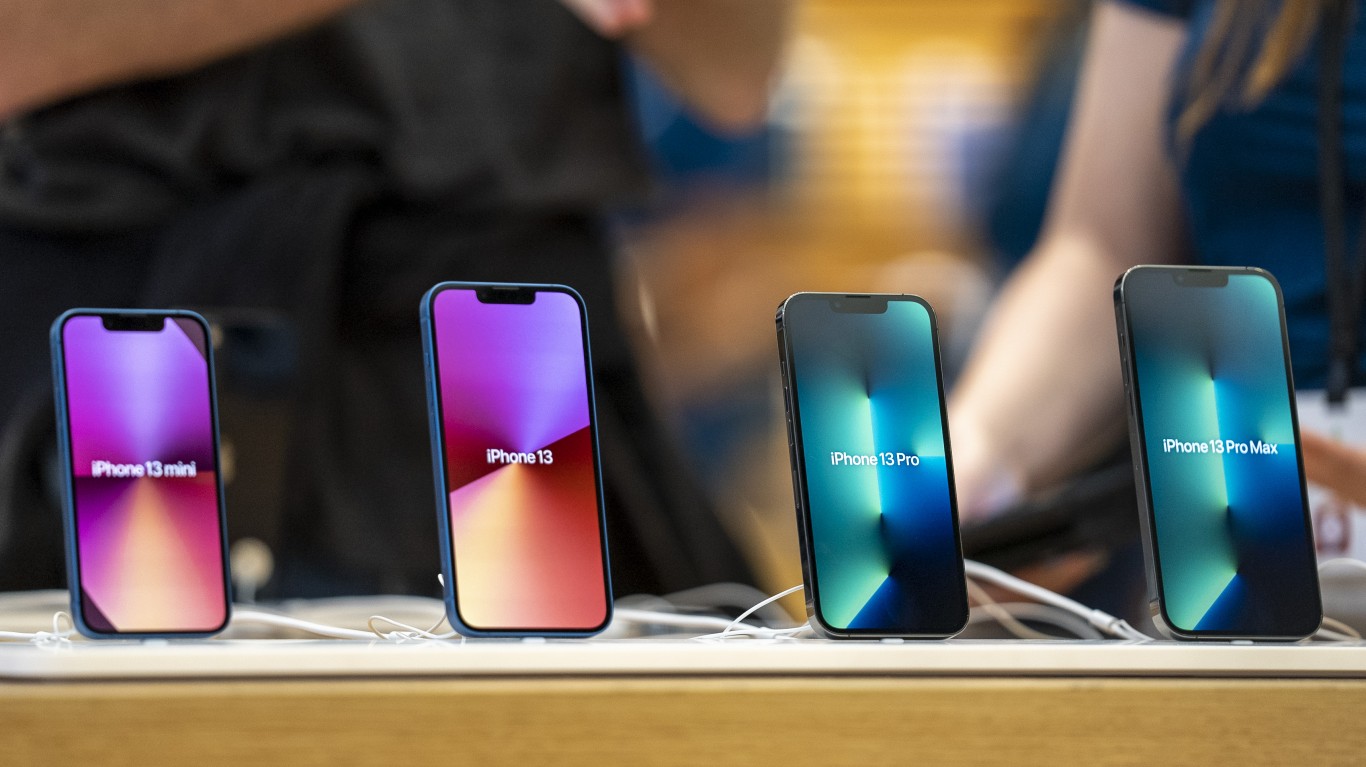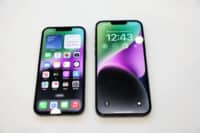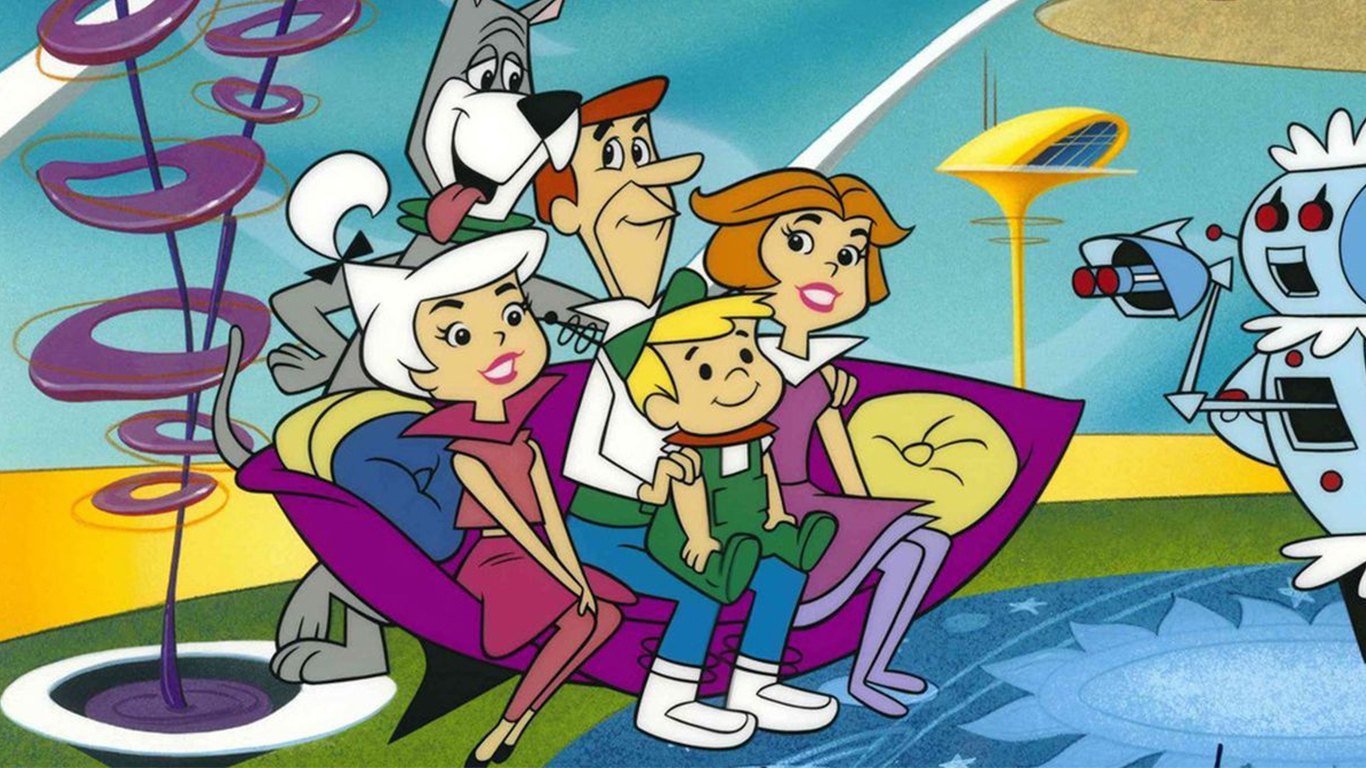
This week’s CES show in Las Vegas is missing a lot of its largest exhibitors. Apple Inc. (NASDAQ: AAPL), Google, Amazon, Samsung, Qualcomm, AMD, Microsoft and many others stayed home this year in an effort to stem the spread of the Omicron variant of COVID-19. That does not mean that nothing’s happening.
Among new product introductions announced Tuesday was Intel’s new 12th-generation Core i9 12900HK chip that includes a 14-core CPU comprising six performance cores and eight efficiency cores. Apple’s M1 Max chip is a 10-core CPU with eight performance cores and two efficiency cores. What all that boils down to is that the new Intel chip is (the company claims) faster than the M1 Max.
Apple’s performance lead was due in large part to the company’s lock on Taiwan Semiconductor’s 5-nanometer (nm) manufacturing process. Intel was stuck with a 10-nm process and AMD with 7-nm. All that tech talk matters because the tinier the process, the more computing power a chip has per watt of electricity consumed. For laptops, this means higher performance with longer battery life.
Jeff Grubb at VentureBeat notes that “[l]aptops are getting good–but no one knows what to do next.” He goes on:
[W]ith AMD and Apple pushing Intel into a corner, productivity and gaming laptops are better than ever. A lot of that comes down once again to power and efficiency. And that is getting us better battery life because most laptops are as powerful as most people need for most daily tasks. What I mean by that is that even a $500 laptop has the processing horsepower it needs to drive a 1080p display at 60 frames per second for web, email, and even productivity workloads like photo and video editing. … The problem that is obvious during this CES is that hardware companies are once again running out of ways to use all the power at their disposal.
On the software side, Alphabet/Google on Wednesday showed off several new features that mimic the way that Apple’s hardware-software ecosystem already works. Google wants to bring that same experience to its own Android and Chromebook devices.
Bloomberg’s Mark Gurman listed the new features that Google plans to introduce in 2022. First off is a way to pair earbuds to Google TV, Android TV and Chromebook devices in the say way that Apple’s AirPods pair to Apple TV boxes and Macs, along with an AirDrop-like feature to share photos and videos from Android phones with Chromebooks.
Perhaps the coolest new feature is being able to use an Android phone to start your BMW without taking the phone out of your pocket or bag. Android users who own Beemers already can use their phones to start the cars, but they have to take them out of their pockets.
Briefly noted:
Evercore ISI analyst Amit Daryanani expects App Store revenue growth in December to slow to 9%, making the month the first in more than a decade to post merely single-digit growth. Yet, he still sees 20% annual growth in App Store revenue and maintained his Outperform rating on the stock and his $200 price target.
Citing The Economist, 9to5Mac reports that Apple could launch an audiobooks service this year. If Apple does so, the service likely would be packaged in its Apple One bundle.
Thank you for reading! Have some feedback for us?
Contact the 24/7 Wall St. editorial team.





